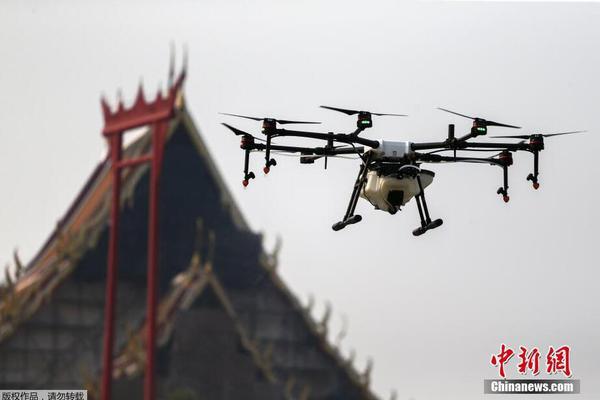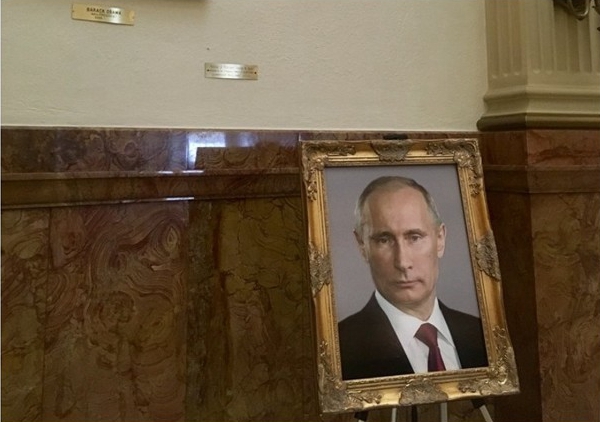U.S. security officials' private contact information and Desperate Housewives XXX Porn Parodypasswords have been found online within days of the Signal scandal. If I had a nickel for every time a breach of tech security involving the Trump administration was revealed this week, I'd have two nickels. Which isn't a lot, but it's weird that it happened twice.
SEE ALSO: The Trump administration accidentally texted military plans to a journalist. The White House says it's fine.German publication DER SPIEGEL reports that it has uncovered U.S. officials' private contact details exposed on the internet, specifically information belonging to Director of National Intelligence Tulsi Gabbard, Secretary of Defense Pete Hegseth, and national security advisor Michael Waltz.
All three officials were also reportedly part of the now infamous Yemen bombing Signal group chat revealed earlier this week, the latter two being central figures in the security incident. On Monday, Atlanticeditor-in-chief Jeffery Goldberg reported that he had mistakenly been added to a Signal group chat in which U.S. officials planned to bomb Yemen, becoming convinced of its authenticity when the described attack actually transpired.
DER SPIEGEL notes that it's unclear whether the Signal accounts used in the U.S. officials' group chat were linked to private phone numbers. However, its reporters did confirm that the private phone numbers it uncovered belonging to Gabbard and Waltz were linked to Signal accounts.
"It is thus conceivable that foreign agents were privy to the Signal chat group in which Gabbard, Waltz and Hegseth discussed a military strike," wrote DER SPIEGEL.
How did reporters find U.S. officials' passwords?
DER SPIEGEL's reporters found the information on Waltz and Hegseth by first submitting a request to a contact information service, receiving email addresses and phone numbers for both officials. They then used Hegseth's phone number to locate a linked WhatsApp account that had been recently deleted, and used Waltz's email address to find associated passwords from previous leaks. They further used this information to find Waltz's apparent Microsoft Teams, WhatsApp, and Signal accounts.
While Gabbard's information was blocked in the contact information services DER SPIEGEL tries, its reporters were still able to find her email address on both Reddit and WikiLeaks. They were also able to locate a partial phone number from a previous leak, using it to find linked WhatsApp and Signal accounts.
"Most of these numbers and email addresses are apparently still in use, with some of them linked to profiles on social media platforms like Instagram and LinkedIn," DER SPIEGEL reported. "They were used to create Dropbox accounts and profiles in apps that track running data."
DER SPIEGEL stated that Waltz, Hegseth, and Gabbard did not respond to its request for comment. The National Security Council reportedly since stated that Waltz's relevant accounts and passwords were changed in 2019.
Related Stories
- 'The Daily Show' skewers U.S. officials' Signal group chat scandal
- 'All of these people should be fired:' Stephen Colbert loses it over Trump officials' Signal chat scandal
- The Trump administration accidentally texted military plans to a journalist. The White House says it's fine.
- The government’s Signal leak is a national security nightmare, but the memes are great
- What is Signal? The basics of the most secure messaging app.
Considering the massive number, size, and frequency of cybersecurity breaches in general — as well as people's habitually terrible password habits — it isn't entirely surprising that U.S. officials' private accounts have been among those impacted in the past. Even so, it isn't entirely reassuring, particularly as these individuals are responsible for U.S. national defence.
The fallout from the Signal chat scandal is still ongoing, with the Trump administration now claiming that no classified information was actually shared in the group. This is despite Goldberg's report that messages included the name of an active CIA official, operational details about planned military attacks, and other information he claimed "could conceivably have been used to harm American military and intelligence personnel."
In response to U.S. officials' statements that none of these messages were classified, The Atlantichas since released further messages from the Signal group chat.
Featured Video For You
7 ways Mark Zuckerberg changed Meta ahead of Trump’s inauguration
Topics Cybersecurity Politics





